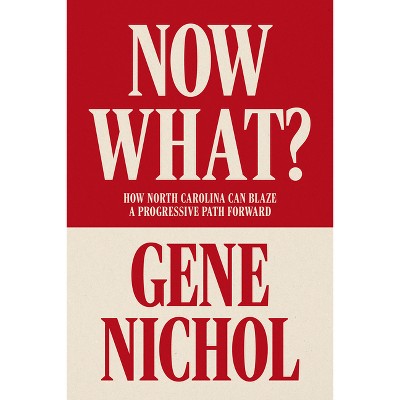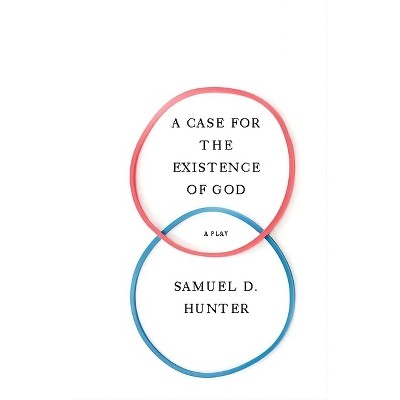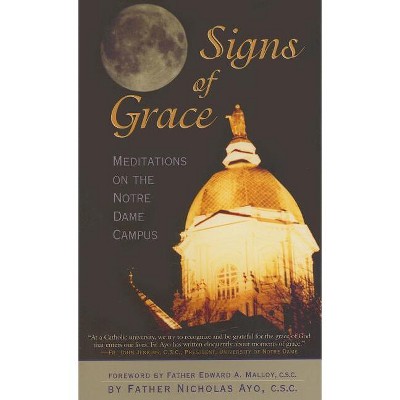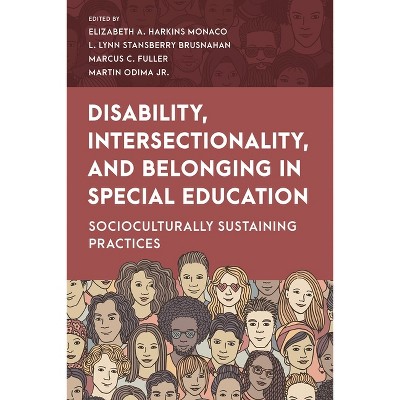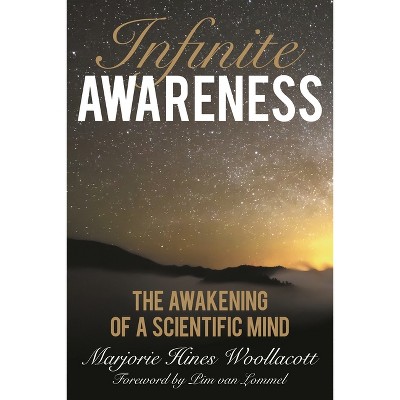Sponsored

Signs of Reincarnation - by James G Matlock (Paperback)
In Stock
Sponsored
About this item
Highlights
- This bookprovides a systematic, inter-disciplinary examination of beliefs in as well as evidence for reincarnation that will appeal to students of anthropology, religious studies, philosophy, and the psychology of consciousness and memory, as well as parapsychology.
- About the Author: James G. Matlock, Ph.D., is a research fellow with the Parapsychology Foundation in New York.
- 408 Pages
- Philosophy, Mind & Body
Description
About the Book
This book provides a systematic, inter-disciplinary examination of beliefs in as well as evidence for reincarnation that will appeal to students of anthropology, religious studies, philosophy, and the psychology of consciousness and memory, as well as parapsychology.Book Synopsis
This bookprovides a systematic, inter-disciplinary examination of beliefs in as well as evidence for reincarnation that will appeal to students of anthropology, religious studies, philosophy, and the psychology of consciousness and memory, as well as parapsychology.Review Quotes
[Matlock] discusses historical and cultural beliefs in reincarnation, methods used to study reincarnation, studies involving children, studies involving adults with past-life memories, and ideas about the process of reincarnation... [T]his book is one of the single best resources for the study of reincarnation available today.
This is an aptly titled book. Matlock is a research fellow at the Parapsychology Foundation of New York, and his thesis is that reincarnation actually occurs and is not just a fantasy. In the introduction the author writes that "because beliefs about reincarnation provide the backdrop against which the evidence appears, [he] gives some attention to beliefs but ... focuses on the interaction between belief and experience rather than on beliefs as strictly intellectual data." He goes on to define reincarnation and address its challenge to materialism; summarize signs, beliefs, and customs in animistic cultures; and provide a brief history of belief in rebirth and karma (the effect one's beliefs and actions have on future lives). In the remaining chapters he discusses his research methods and studies principal signs of reincarnation, secondary signs, and recollections of past lives. The final chapter describes the process of reincarnation. Matlock's thesis is impossible to prove, but so are other views of the afterlife, for example biblical views of heaven and hell. Recommended. All readers.
An excellent introduction to the important but little-known body of evidence for human rebirth. James Matlock relentlessly and properly confronts traditional beliefs, the behavior of would-be critics, and recent attempts to provide conceptual frameworks accommodating rebirth data. A major contribution!
In this cogently reasoned, appropriately critical, and extremely well sourced book, Matlock makes a strong case for the reincarnation hypothesis, largely by demonstrating that it accounts for the full range of data and case reports better than the paranormal and conventional alternatives. A must read for anyone with a scholarly interest in post-mortem survival and an open mind.
Matlock has written the first comprehensive exploration of reincarnation across cultures. Signs of Reincarnation should be read by anyone seriously interested in the many facets of reincarnation.
Matlock writes a compelling history and analysis of the data supporting cases suggestive of reincarnation. As a neuroscientist, I believe that the data from many cases reported by Matlock and others concerning memories of past lives, cannot be easily explained by any other alternative hypothesis.
Matlock's work, particularly his processual soul theory, deserves to be carefully considered by all hard scientists, psychologists, anthropologists, and philosophers, especially in the context of our materialistic world and our understanding of science.
About the Author
James G. Matlock, Ph.D., is a research fellow with the Parapsychology Foundation in New York. He has worked at the American Society for Psychical Research in New York and the Rhine Research Center in Durham, North Carolina. Matlock has published widely on reincarnation and related issues and is co-author, with Erlendur Haraldsson, of I Saw a Light and Came Here: Children's Experiences of Reincarnation. He has contributed articles on reincarnation to the online Psi Encyclopedia. Since 2013, he has taught a courses on reincarnation research and theory through the Alvarado Zingrone Institute for Research and Education.He holds a Ph.D. in Anthropology from Southern Illinois University in Carbondale.
